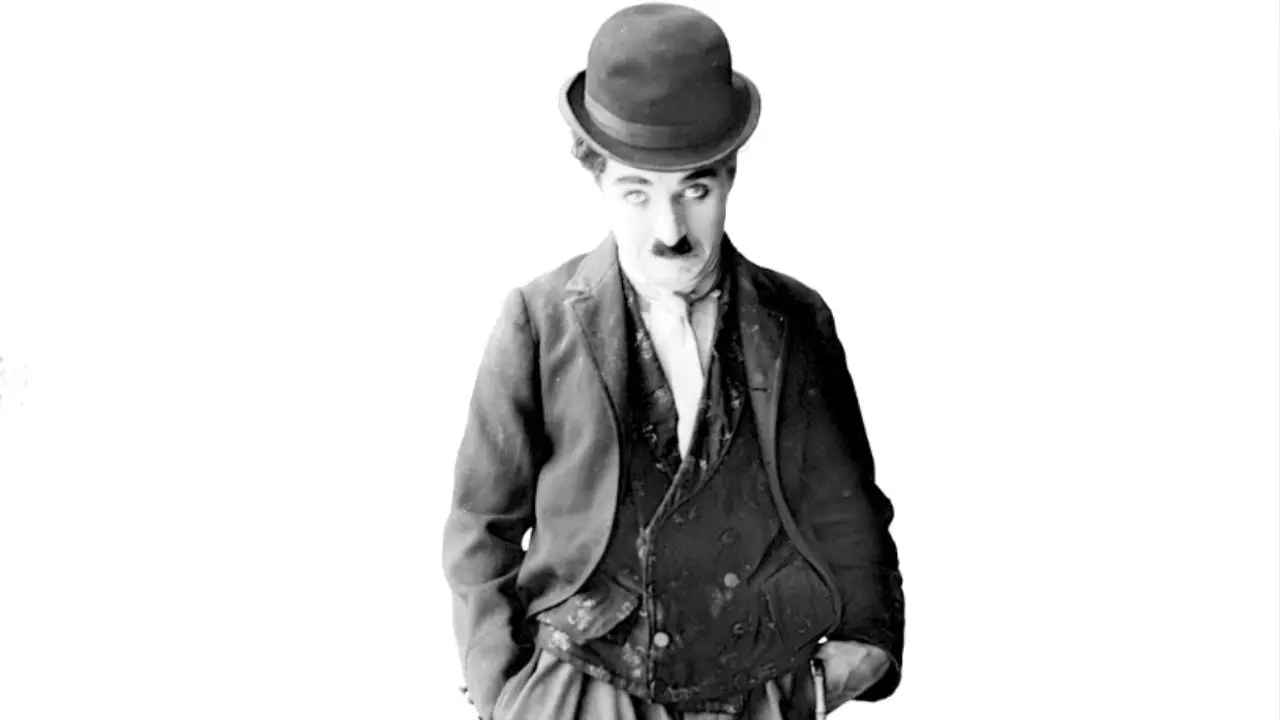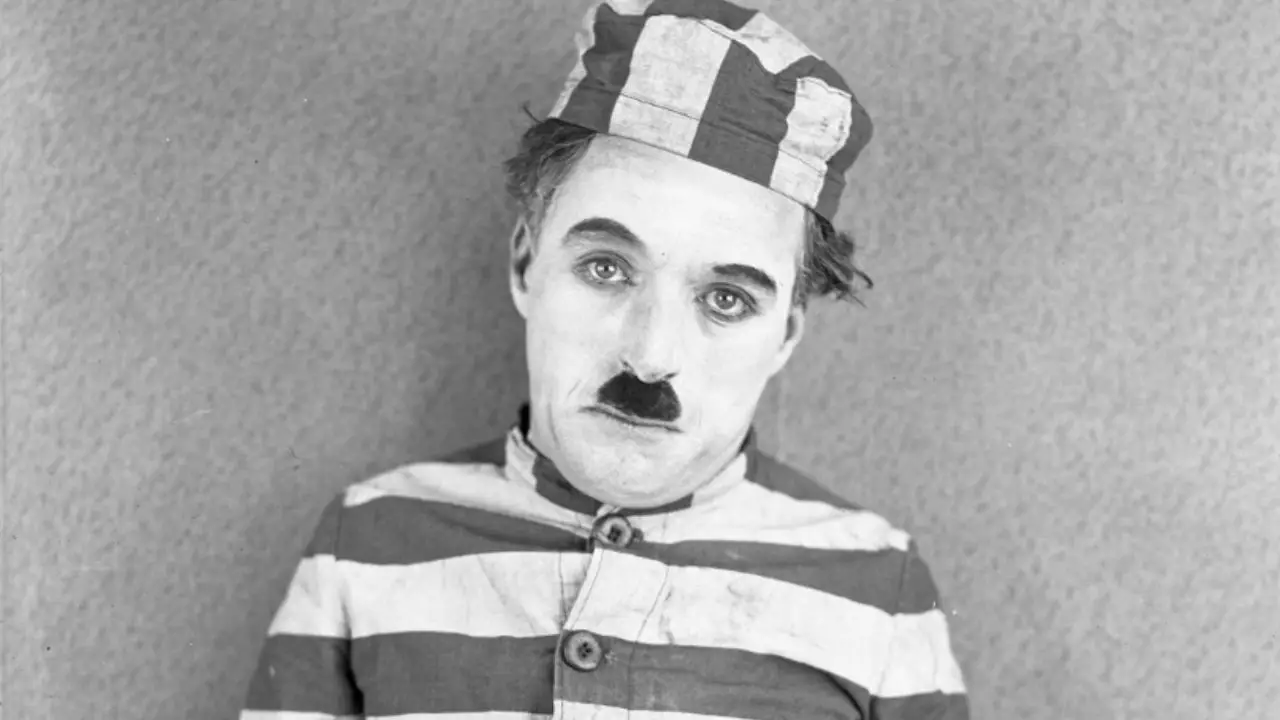Charlie Chaplin: Scandals, Fame, and Final Exile

From Stage to Stardom: A Film Pioneer’s Ascent
Charles Spencer Charlie Chaplin was born in London on April 16, 1889, and his life story is one of tragedy, resiliency, and unheard-of celebrity. Chaplin, who is best known as “The Little Tramp,” brought a memorable blend of heart and humor to the big screen. However, beneath the mustache and humorous gait was a complicated guy juggling a turbulent personal life, scandal, and stardom. His tale was one of unwavering perseverance and brilliance, overcoming a difficult upbringing to propel himself to the top of Hollywood.
The Iconic Tramp and Hollywood Stardom
At Keystone Studios, Charlie Chaplin made his breakthrough by creating “The Little Tramp,” a figure that would come to represent silent film history. The Little Tramp, with his bamboo cane, toothbrush mustache, bowler hat, and humorous walk, was a worldwide success. Charlie Chaplin was an early film pioneer who used satire and slapstick to challenge poverty, politics, and society. His legacy went beyond comedy, though. Chaplin deviated from the studio structure and affirmed his independence in 1919 when he founded United Artists with fellow actors Douglas Fairbanks, Mary Pickford, and director D.W. Griffith.
Controversy, Censorship, and Scandals
But Chaplin’s life was more than just a glamorous Hollywood one. He was a British immigrant who was accused during World War I of his delayed naturalization, which raised doubts about his allegiance to England. He was investigated by the FBI under J. Edgar Hoover as a possible Communist sympathizer. The House Un-American Activities Committee was suspicious of Chaplin’s films because of their innovative humor and social criticism, which fueled allegations that he was a political dissident.
Audiences were split by his portrayal of Adolf Hitler in the 1940 movie The Great Dictator. During a time when America was neutral, the film’s scathing critique of fascism and totalitarianism caused controversy. Charlie Chaplin’s place in movie history was cemented when the film earned over $5 million and garnered five Academy Award nominations despite the criticism. However, prominence also brought more scrutiny.

A Spoilt Love Life: Difficulties and Upheavals
With a slew of romances and marriages, Charlie Chaplin’s love life was equally convoluted. He had four marriages and was involved in several scandals, including a paternity suit against actress Joan Barry. Blood tests were then not allowed in court, so even if they showed Charlie Chaplin wasn’t the father, he still had to pay support. His numerous marriages were despised by the public, and his romances frequently ended in tragedy. Chaplin fathered eleven children despite the chaos, leaving a legacy in his family that reflected his prolific filmmaking.
Political Banishment and Last Years
The biggest dispute occurred in 1952. Charlie Chaplin was refused re-entry into the United States while he was in London for the premiere of his picture Limelight. Due to the acts of the United States, Charlie Chaplin and his family were forced to relocate to Switzerland, where he would live out the rest of his days. Charlie Chaplin’s latter years in Hollywood were marred by this startling choice, which demonstrated how entrenched the anti-Communist emotions of the day were.
Beyond the Screen: Author, Composer, and Trailblazer
In addition to being a filmmaker, Charlie Chaplin wrote two autobiographies, “My Autobiography” (1964) and “My Life in Pictures” (1974), and provided musical scores for his movies. His writings examined a man’s search for meaning amid scandal, fame, and artistic endeavors. Six of his films—The Immigrant (1917), The Kid (1921), The Gold Rush (1925), City Lights (1931), Modern Times (1936), and The Great Dictator (1940)—are listed in the National Film Registry, demonstrating his unmatched commitment to his profession.
A Tradition of Resilience and Laughter
Charlie Chaplin died in his Vevey, Switzerland, home on Christmas Day, 1977. But the drama went on. Charlie Chaplin’s body was taken a few months after he died, but it was found and reburied in a cement vault three months later. Even so, Charlie Chaplin’s story lived on in the annals of history.
Charlie Chaplin is now hailed as one of the greatest directors of all time, and his impact is felt by every generation that sees his work. His legacy serves as a reminder of the timeless value of humor and fortitude, demonstrating to us that the silent movies he starred in continue to have a voice in a world full of noise.
Follow us on Instagram and X (Formerly Twitter)
For the latest posts visit The Celebrity Gossips






